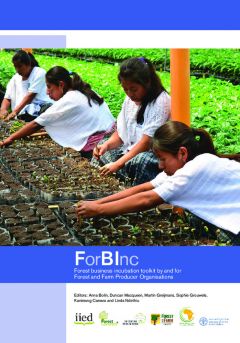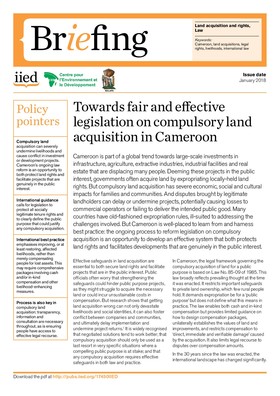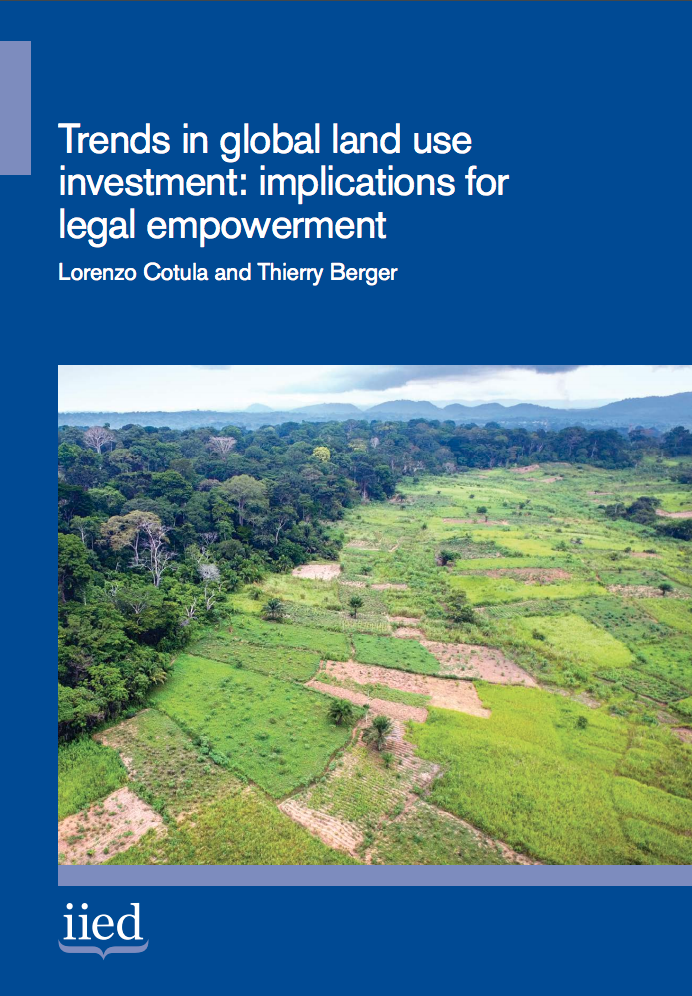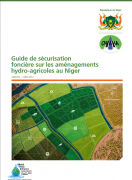Focal point
Location
Mission
Our mission is to build a fairer, more sustainable world, using evidence, action and influence in partnership with others.
Who we are
IIED is one of the world’s most influential international development and environment policy research organisations. Founded in 1971 by economist Barbara Ward, who forged the concept and cause of sustainable development, we work with partners on five continents. We build bridges between policy and practice, rich and poor communities, the government and private sector, and across diverse interest groups. We contribute to many international policy processes and frameworks, including the Intergovernmental Panel on Climate Change, the Millennium Ecosystem Assessment and the UN conventions on climate change and biological diversity.
What we do
IIED carries out research, advice and advocacy work. We carry out action research — generating robust evidence and know-how that is informed by a practical perspective acquired through hands-on research with grassroots partners — and we publish in journals and maintain high research standards. We advise government, business and development agencies, and we argue for changes in public policy. We focus on bottom-up solutions, stay open to flexible, adaptable solutions and are marked by a tradition of challenging conventional wisdom through original thinking.
Resources
Displaying 76 - 80 of 367Forest business incubation toolkit by and for Forest and Farm Producer Organisations
This toolkit is designed to demystify the concept of business incubation as something that is not only relevant for and applied in urban sectors, but also in rural contexts and with a focus on the forest sector. The toolkit offers a framework specific to the forest and farm landscape — in which there are peculiarities of context that require special treatment.
Towards fair and effective legislation on compulsory land acquisition in Cameroon
Cameroon is part of a global trend towards large-scale investments in infrastructure, agriculture, extractive industries, industrial facilities and real estate that are displacing many people. Deeming these projects in the public interest, governments often acquire land by expropriating locally-held land rights. But compulsory land acquisition has severe economic, social and cultural impacts for families and communities.
Trends in global land use investment: implications for legal empowerment
From the mid-2000s, a commodity boom underpinned a wave of land use investments in low- and middle-income countries. While agribusiness, mining and petroleum concessions often involve promises of jobs and public revenues, they have also prompted concerns about land dispossession, exclusionary investment models and infringements of the rights of vulnerable groups.
Guide de sécurisation foncière sur les aménagements hydro-agricoles au Niger
Trends in global land use investment: implications for legal empowerment
From the mid-2000s, a commodity boom underpinned a wave of land use investments in low- and middle-income countries. While agribusiness, mining and petroleum concessions often involve promises of jobs and public revenues, they have also prompted concerns about land dispossession, exclusionary investment models and infringements of the rights of vulnerable groups. One of the major challenges is in empowering rural people to make informed choices, exercise their rights and have their voices heard.








